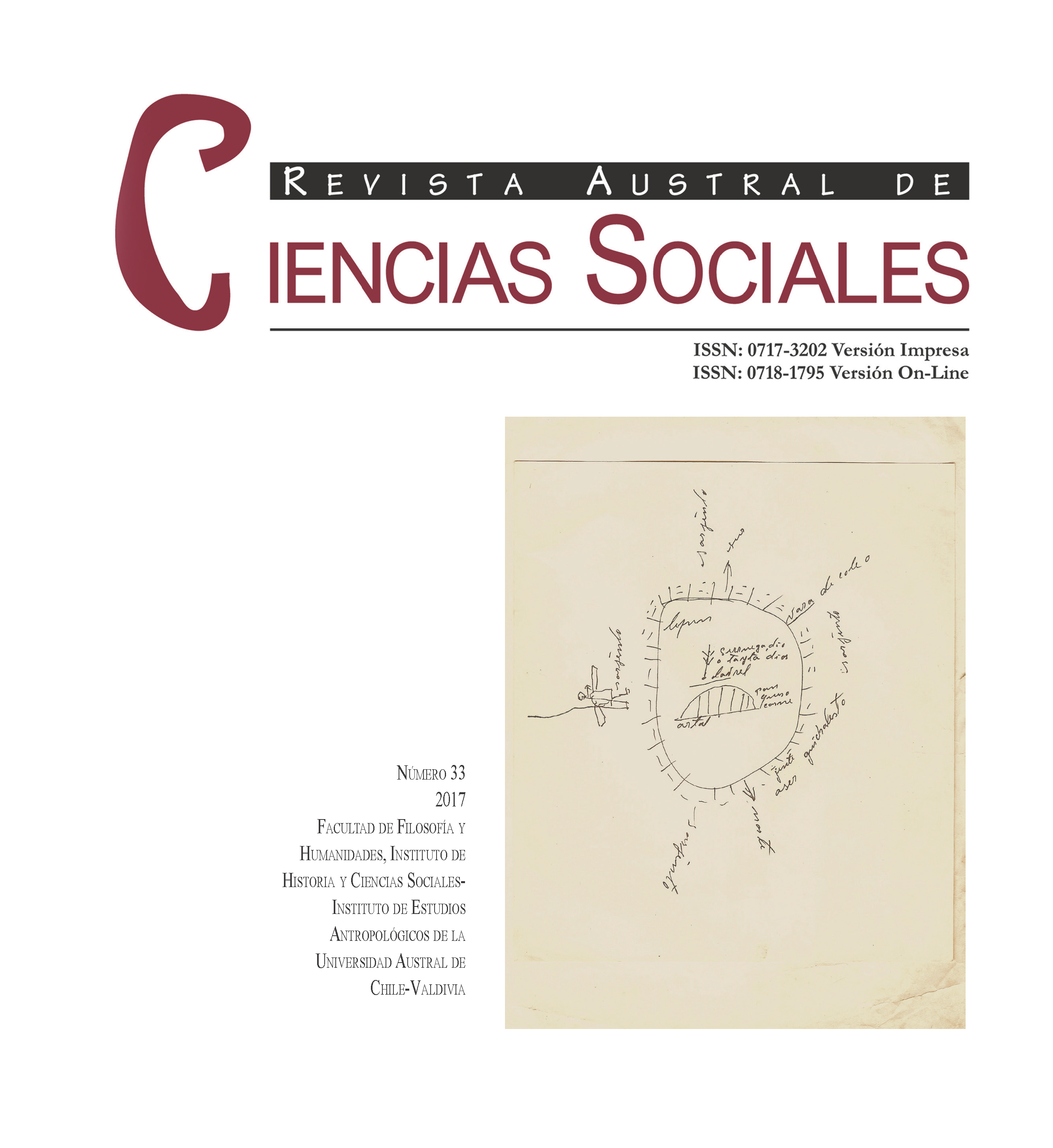Memories, meanings and oblivion in the social construction of the railway heritage of Southern Chile
Main Article Content
Abstract
This article aims to contribute to the debate on the various uses and contemporary meanings of cultural heritage, from the analysis of the main landmarks and meanings, about the processes of social construction of the railway heritage in three regions of Southern Chile. The diversity of railway memories and their different roles in current actions around this legacy are especially emphasized. The installation of the neoliberal model as a central landmark of memories of railway actors is stressed, something which nevertheless remains absent from the contemporary actions and stories. Finally, the complex role of the railway Company and the public actors in the orientation of the current railway heritagisation processes, and the projections and junctions of them at local level, are analyzed.

